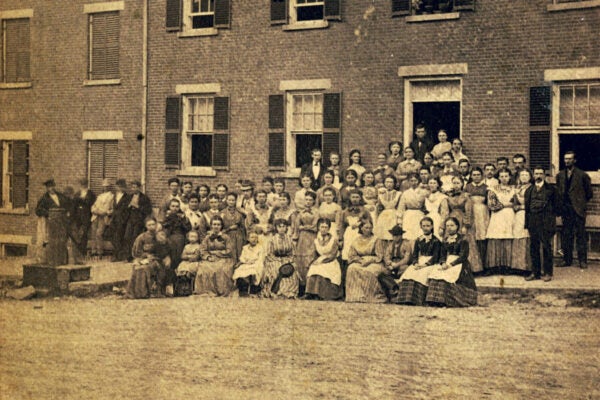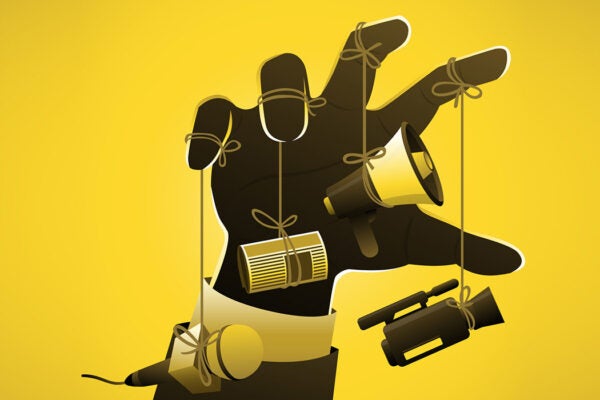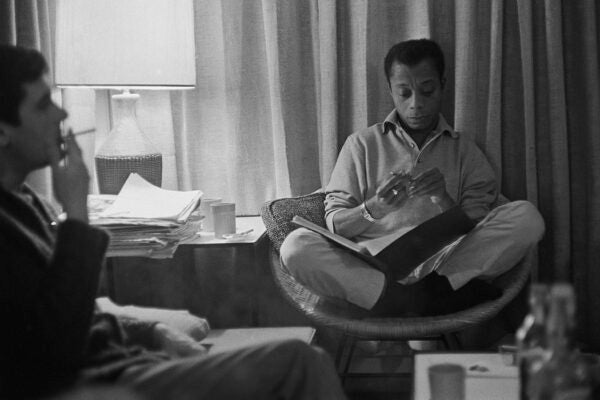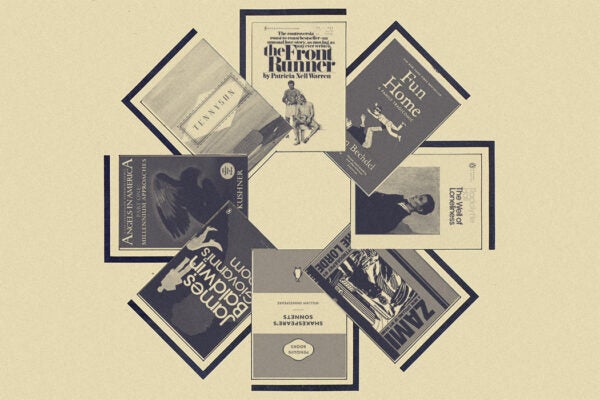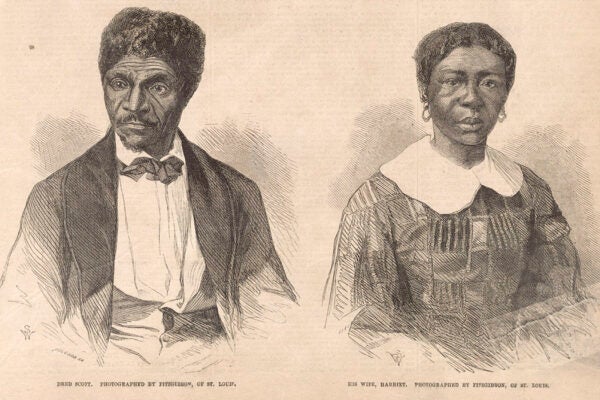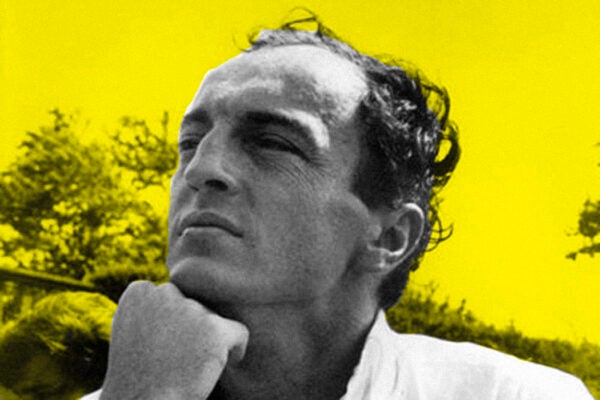A Short Course in Justice: the Freedmen’s Bureau Courts
Freedmen’s Bureau courts provided a forum for newly emancipated people in the “uncertain legal landscape” of the defeated Confederacy.
Atlantic Sturgeon Were Fished Almost to Extinction
Ancient DNA reveals how the Chesapeake Bay population changed over centuries.
Lowell’s Forgotten House Mothers
As vital to the success of industrial New England as the mill girls who toiled in the factories were the women who oversaw their lodging.
How to be a Modern Autocrat
In the twenty-first century, dictators are less likely than their predecessors to use violence to suppress dissent, cultivating instead “informational autocracies.”
James Baldwin, Animal Power, and Seeking the Buddha
Well-researched stories from Smithsonian Magazine, Noema, and other great publications that bridge the gap between news and scholarship.
Joseph Conrad’s Travel Stories Weren’t Black and White
Conrad’s celebration of imperial exploration is accompanied by an acknowledgment that such feats often go hand-in-hand with oppression and exploitation.
Eulalie Mandeville’s Fortune in Court Records
Court records can function as a kind of archive for those without any other paper trail in history: free people of color and the enslaved.
Is There an LGBTQ+ Canon?
An English professor considers the questions raised about selecting queer works for study and discussion when planning a course on LGBTQ+ literature.
The US Army as a Slaveholding Institution
Until the Civil War, US Army officers relied on enslaved servants even while serving in “free states.”
12 Poems by Frank O’Hara
Plus his manifesto on Personism and writings about O’Hara by Ted Berrigan, Joseph LeSueur, and Joe Brainard.


